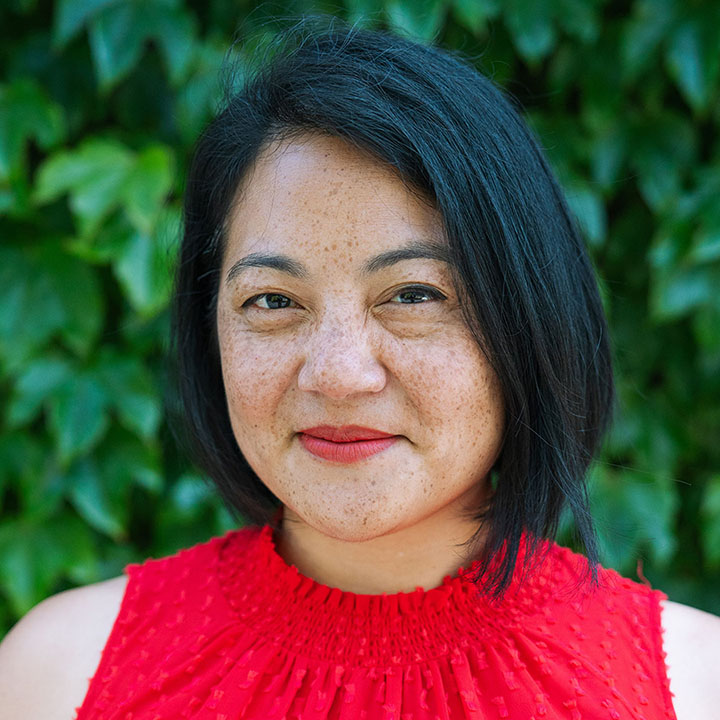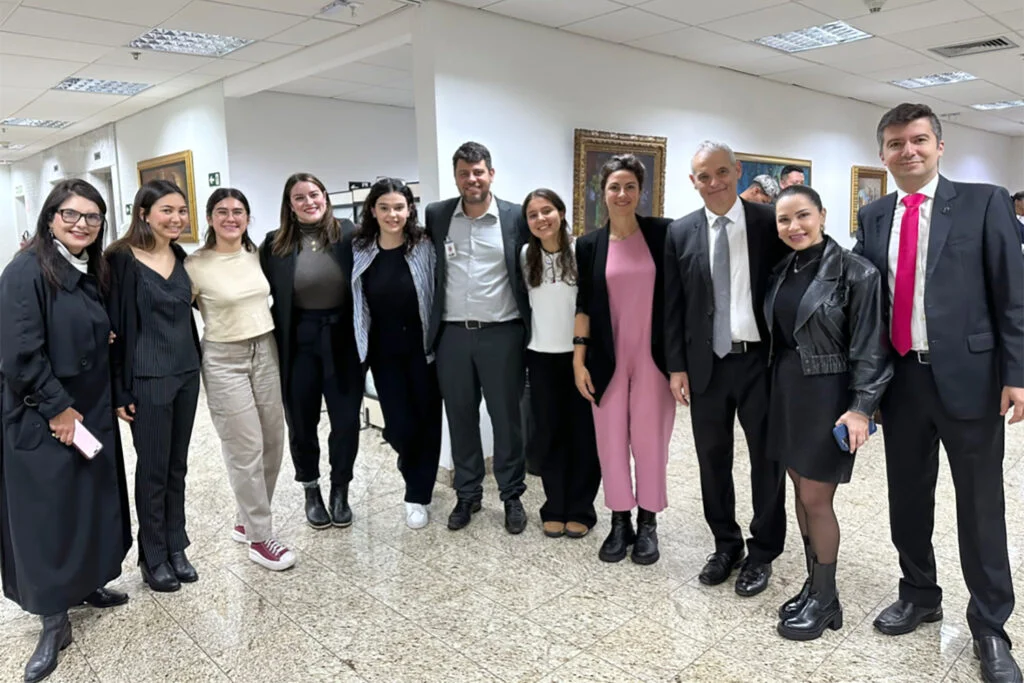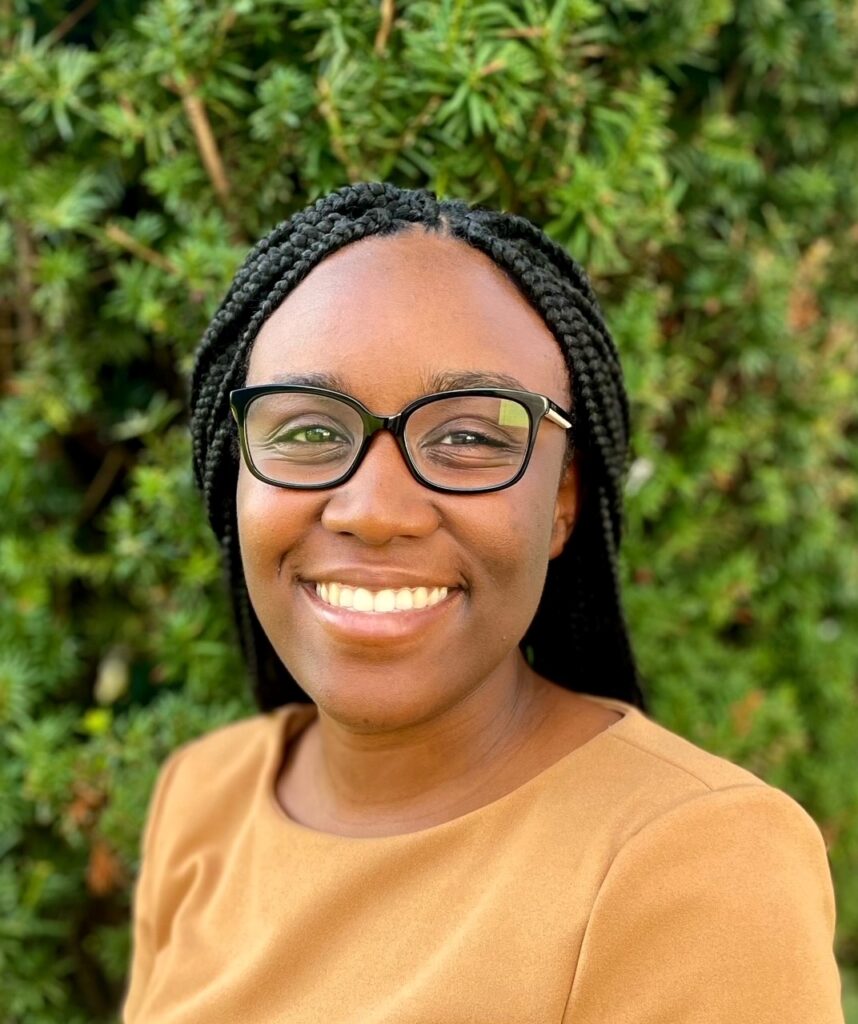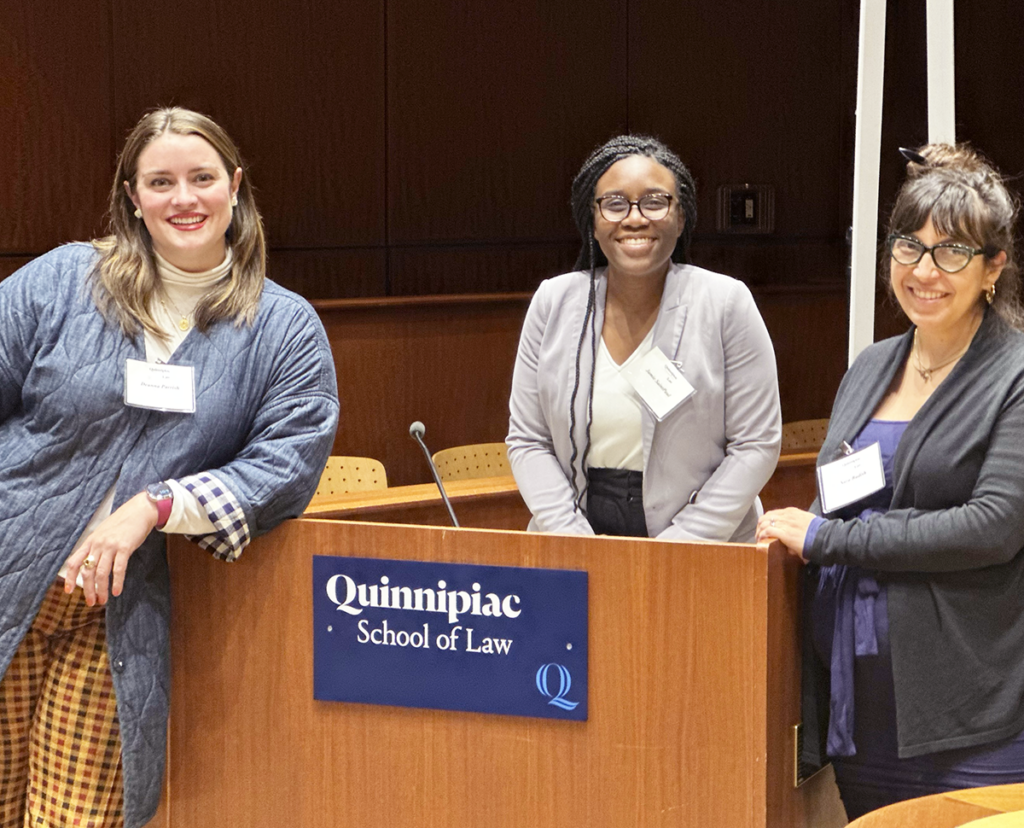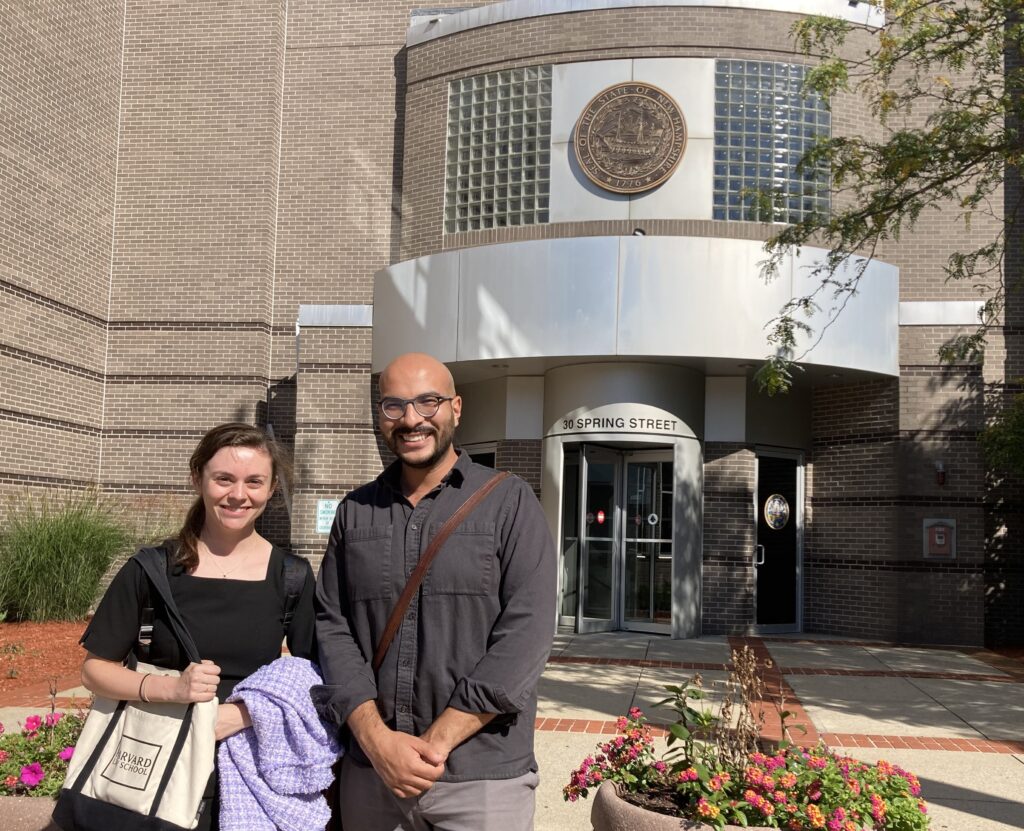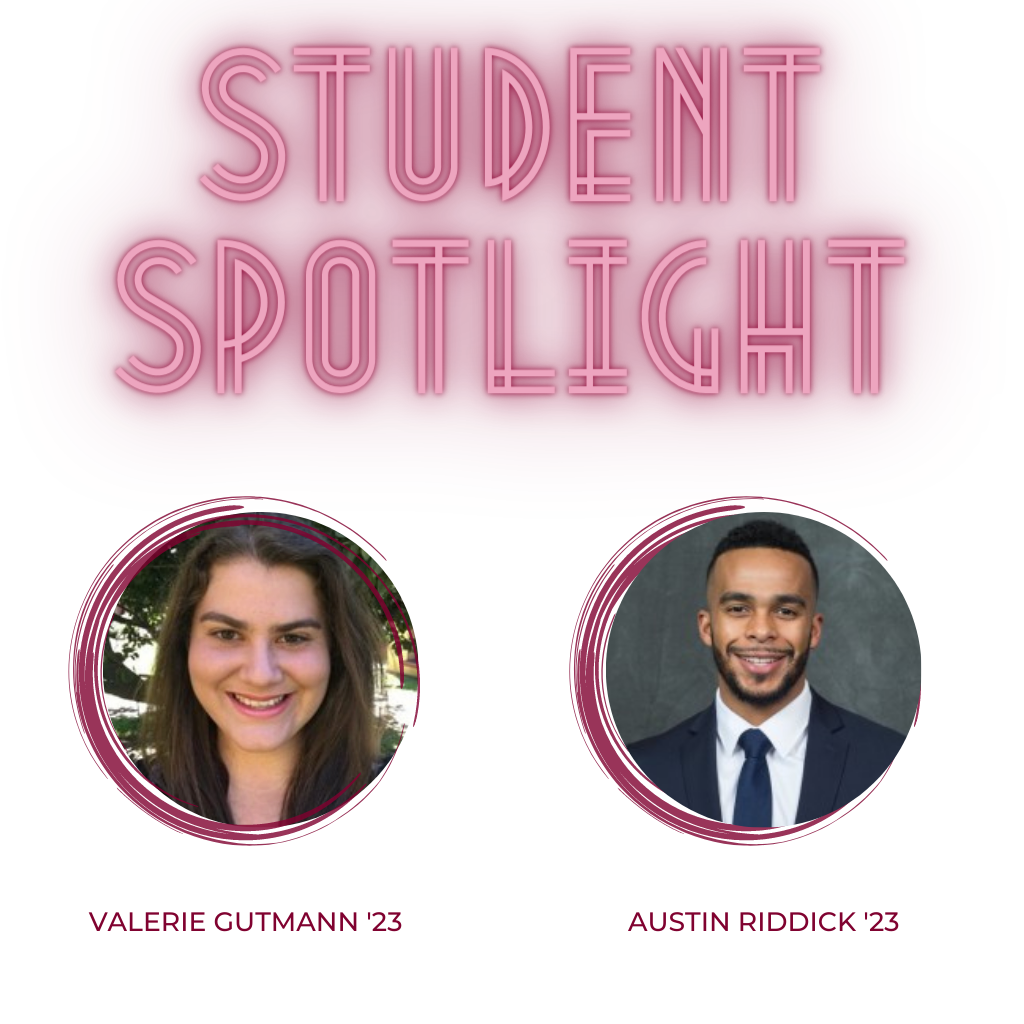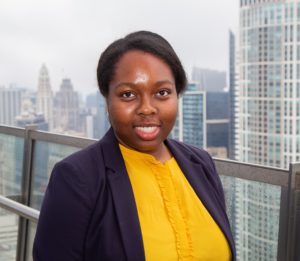
Obianuju Enworom is a New Jersey native and a 3L at Harvard Law School (HLS). Before coming to HLS, she received a B.A. in Economics & Political Science from Columbia University. Outside of school she is the Associate Editor of Rouge 18, a beauty blog.
Though we are missing Obianuju’s presence on campus this fall due to the pandemic, we were able to catch up with her over email. She has taken every class HNMCP has to offer and been a student in the Dispute System Design Clinic and we were eager to hear how she’s brining her learning to various areas of her life.
HNMCP: When you were a student in the Dispute Systems Design (DSD) Clinic you worked on a project with the New Hampshire Judicial Council (NHJC). What was the goal of this project?
Obianuju Enworom: The NHJC, among other responsibilities, oversees some aspects of parent representation in child protection cases in New Hampshire. The clients of parent attorneys are often affected by poverty and/or are members of other marginalized groups. As such, the project had two main goals. First, my team sought to conduct a stakeholder assessment of several groups of relevant stakeholders to get a fuller picture of the needs of parent attorneys and their clients. Our second major goal was to respond to parent attorney feedback by providing the NHJC with recommendations for improvement and by providing parent attorneys with requested resources.
HNMCP: What were some of the new-to-you skills that you and your partner employed to support the NHJC’s work?
OE: In supporting the NHJC’s work, I was newly exposed to the world of stakeholder interviews and survey design. Over the course of the semester, we conducted interviews of various types of stakeholders, which helped me get a good understanding of the iterative process of drafting interview questions, revising, conducting an interview, and revising based on the answers we received. We also designed a survey of parent attorneys in New Hampshire. Figuring out how to design survey questions that were clear and elicited rich feedback was a wonderful learning experience.
These skills have been particularly useful in work I have done since completing my project with the NHJC. I am currently taking a class called Legal Innovation Through Design Thinking, where my team is working with a client to present innovative solutions to their problems. We are in the process of researching stakeholders, conducting interviews, and designing a survey, so the skills I learned in the DSD Clinic are certainly being put to use.
HNMCP: You’ve been pretty involved in all the advanced offerings here at HLS around dispute engagement and management. What is it about this work that you find particularly engaging?
OE: There are two main things I found particularly engaging about this work: it (1) has taught me skills I use almost every day and (2) has given me the tools to analyze systems of interest to me.
On the first point, I found learning concrete methods for active listening to be one of the most valuable lessons for me from the Negotiation Workshop. As such, taking the Facilitation Workshop felt like the most natural next step. In my daily life, I find myself using the active listening skills I first developed in the Negotiation Workshop then honed in the Facilitation Workshop constantly. Especially in the world of virtual learning, applying facilitation skills to leading countless team meetings has been especially helpful.
In terms of giving me tools to analyze systems of interest, I found learning about theoretical DSD frameworks in the Principles of Dispute Systems Design class (that accompanied the DSD Clinic) a wonderful opportunity to explore some of the systems I am most interested in. For example, the summer after 1L, I worked for the National Advertising Division (NAD) of the Advertising Self-Regulatory Council, an ADR forum that handles national advertising disputes. After having this work experience, then taking Principles of Dispute Systems Design, I was able to write use my final paper on the NAD, analyzing its design features in light of the principals we learned in class and case studies we read.
HNMCP: After completing the DSD Clinic and other advanced offerings, how are you currently engaging with dispute resolution?
OE: This semester, I have been focusing on learning more about dispute resolution through teaching. I am a Teaching Fellow for a Harvard College course called Conflict Resolution in a Divided World taught by Dan Shapiro. I continue to learn more about negotiation and facilitation from thinking through each week’s lesson plan and interacting with the students in the class. I am also writing a multiparty negotiation case for independent writing credit this semester. Writing a case has been a fascinating way to adopt an instructor perspective, as I craft case elements with certain teaching and learning objectives in mind.

